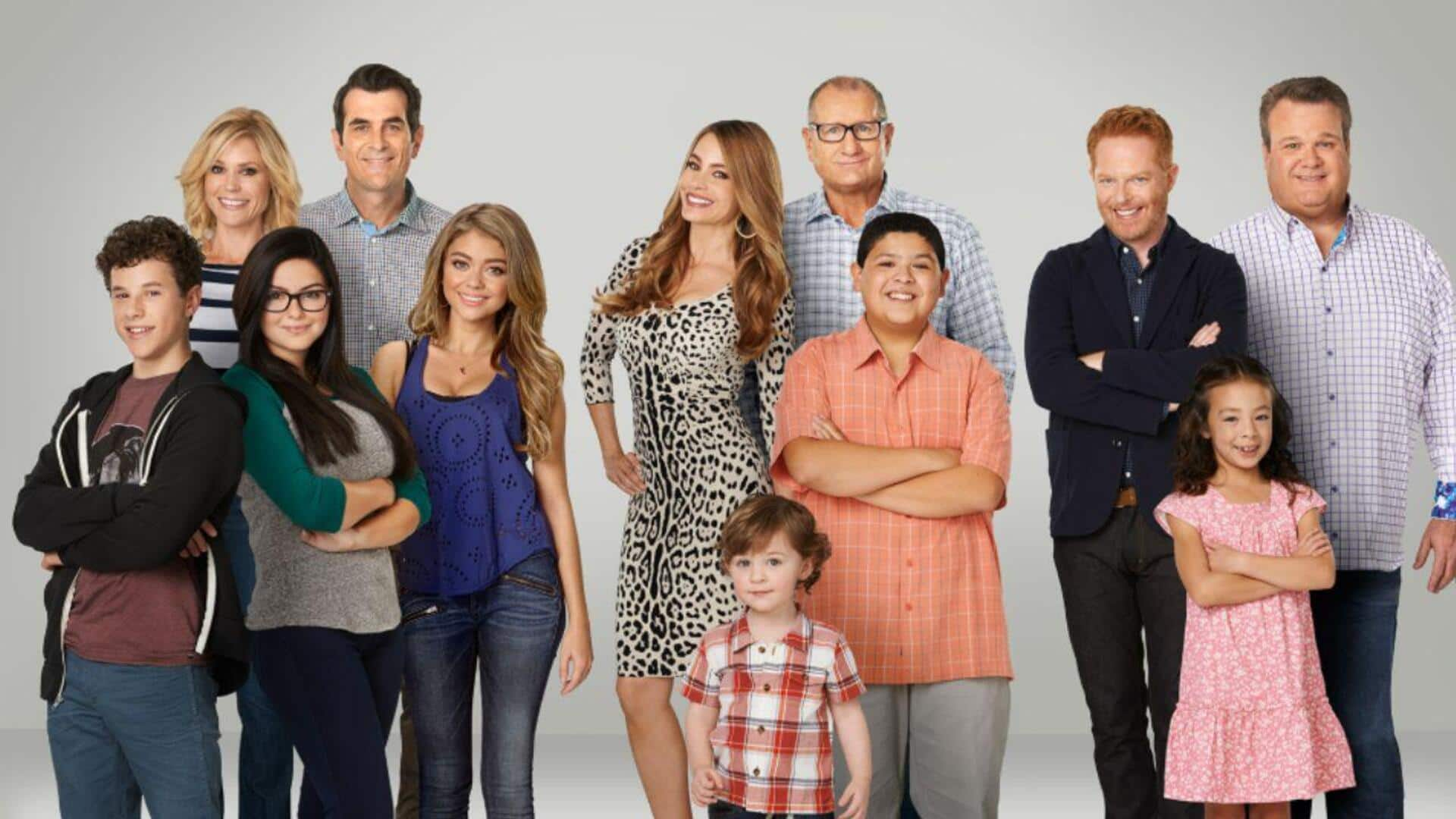
The truth about multigenerational homes, 'Modern Family' ignores
What's the story
Modern Family is a popular sitcom that gives a humorous take on family life, but when it comes to multigenerational households, it often misses the mark. The show depicts families with members from different generations living together, but often oversimplifies or stereotypes these dynamics. By looking at how Modern Family portrays multigenerational living, we can see how it misses the mark in showing the real challenges and joys of such arrangements.
#1
Stereotyping family roles
Modern Family often resorts to stereotypes when depicting family roles in multigenerational households. For instance, older members are frequently shown as out-of-touch or overly dependent, while younger ones are portrayed as rebellious or careless. This not only undermines the diversity of experiences within these families but also reinforces narrow perceptions of age-related behavior. In reality, multigenerational families often experience complex interdependencies that go beyond these simplistic portrayals.
#2
Oversimplifying communication dynamics
The communication dynamics in multigenerational households are anything but simple. Modern Family often depicts conversations between generations as straightforward exchanges with little to no misunderstanding or conflict. However, in real life, communication between different age groups can be complicated and often requires patience and compromise. The show's portrayal fails to capture the nuanced ways in which family members navigate their differences and find common ground.
#3
Ignoring economic factors
One significant aspect of multigenerational living that Modern Family tends to ignore is the economic factor. Many families opt for this arrangement due to financial constraints or benefits, such as shared expenses or childcare support. However, the show rarely addresses these practical considerations, focusing instead on comedic elements without delving into economic realities that influence such living situations.
#4
Highlighting emotional support systems
While Modern Family does touch upon emotional support within its comedic framework, it often downplays its significance in real-life multigenerational households. In reality, these families provide each other with emotional resilience through shared experiences and mutual understanding developed over time. This bond is often deeper than what is portrayed in sitcoms like Modern Family, which may focus more on humor than heartfelt connections.